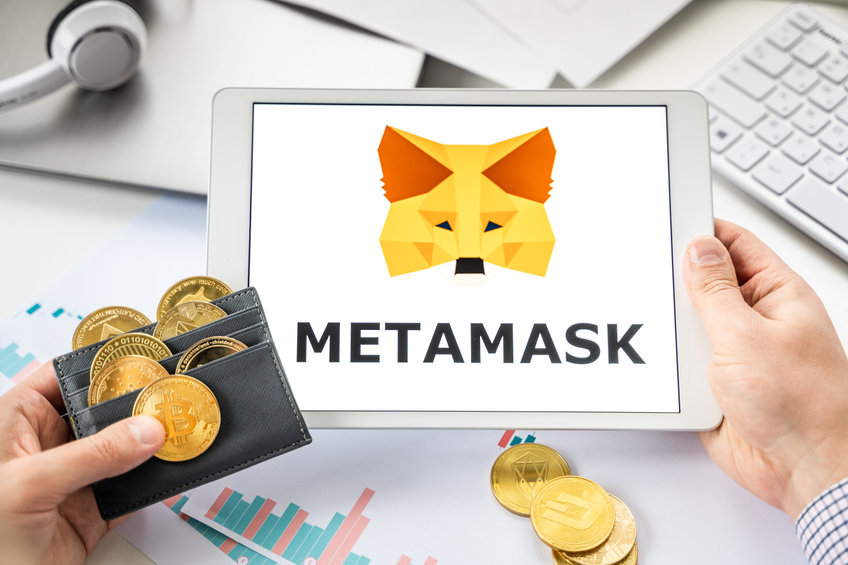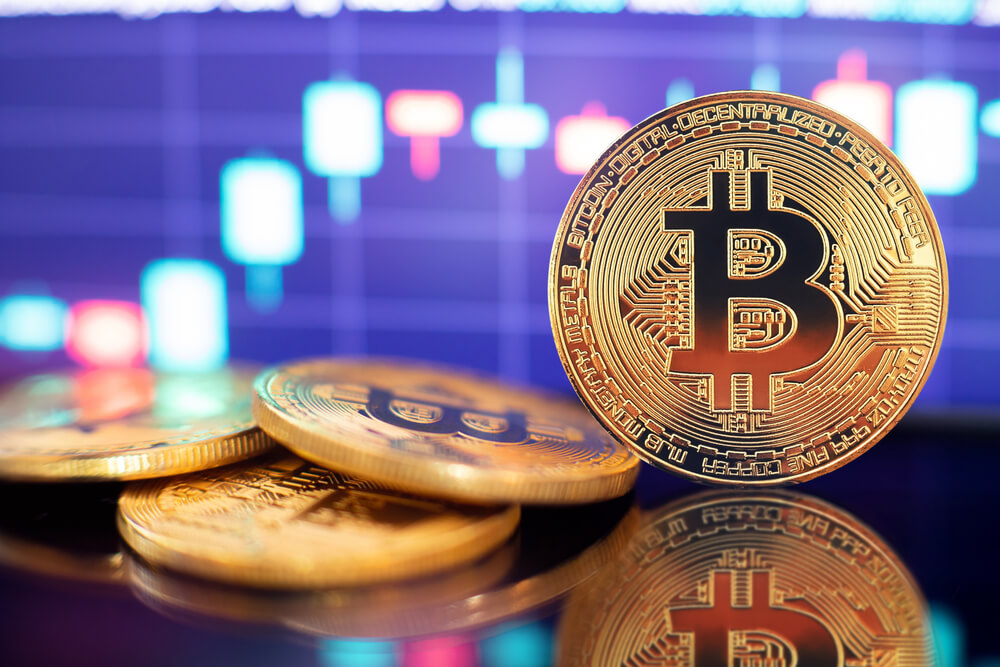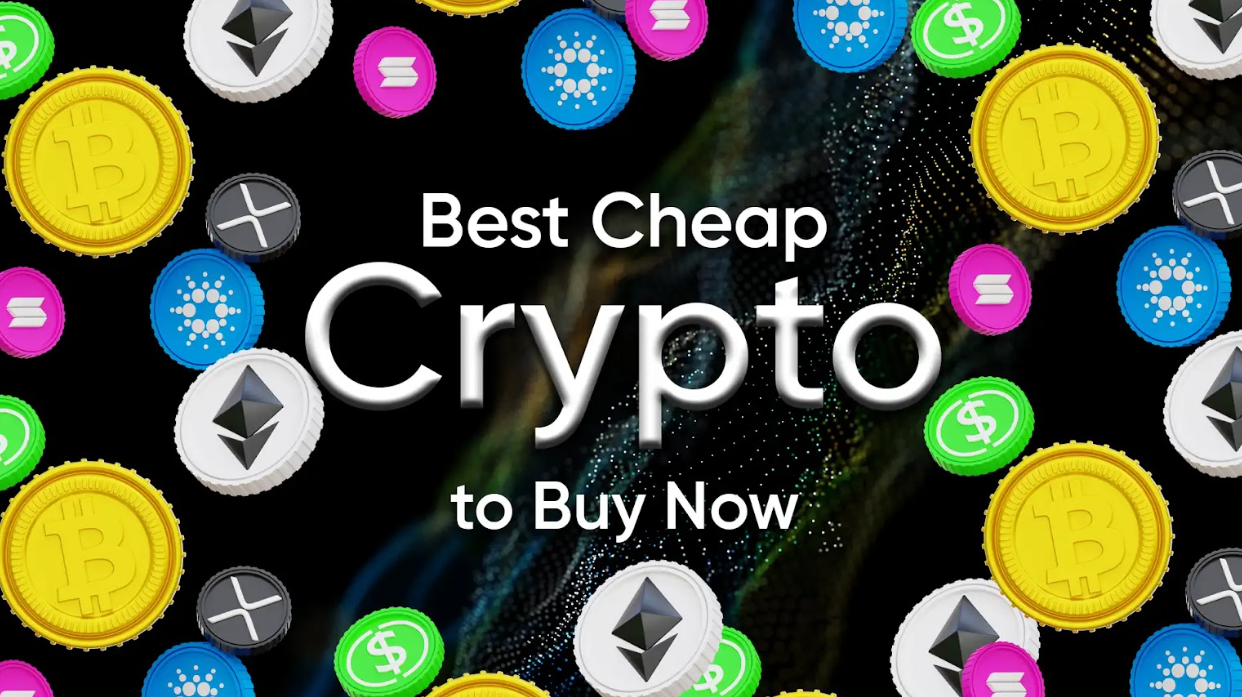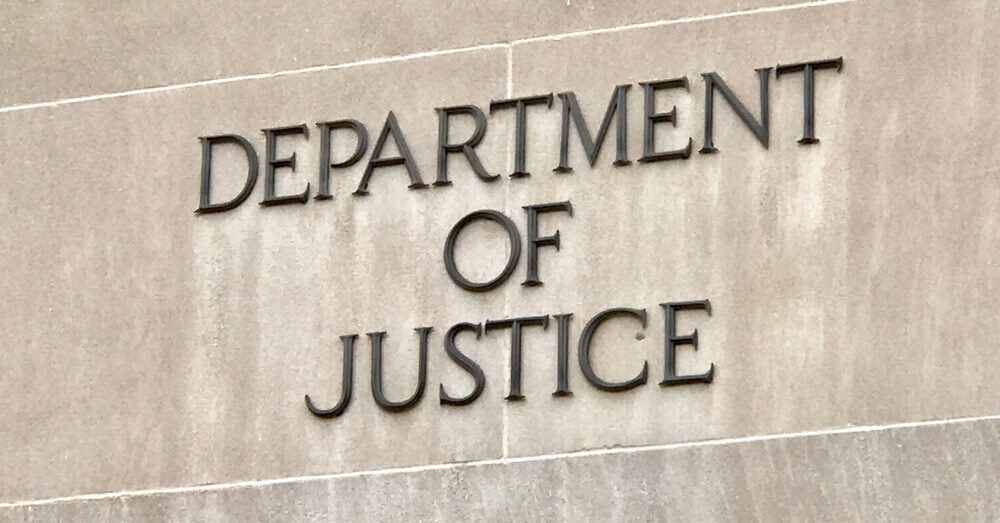the macro coin cryptocurrency ripple and word map.
- Project Sela aims to diversify intermediaries, allowing broader entities, not just traditional banks, to offer retail CBDC services.
- The introduction of Access Enablers in CBDC could redefine banks’ roles, potentially sidelining their significance in the tokenized future.
Diversifying the CBDC Ecosystem
The latest report on Project Sela, a joint venture by the Hong Kong Monetary Authority (HKMA), the Bank of Israel (BoI), and the BIS Innovation Hub, indicates a tectonic shift in the world of Central Bank Digital Currencies (CBDC). Unlike prior initiatives like Hong Kong’s Project Aurum, where retail banks were primarily customer-facing, Project Sela has put the central bank at the helm of the retail ledger, mirroring the model adopted by Israel’s digital shekel.
The core objective? To diminish the sole reliance on traditional banks and major payment providers for CBDC accessibility. As Deputy Governor of the BOI, Mr. Andrew Abir eloquently emphasized, fostering competition and innovation necessitates a diverse, flourishing ecosystem of service providers.
Introducing Access Enablers: A Paradigm Shift
To democratize the CBDC ecosystem, Project Sela introduced ‘Access Enablers’ (AE). These entities, unlike traditional payment gateways, don’t possess control over CBDC balances or need to maintain liquidity for CBDC services. Their primary responsibilities include onboarding users, ensuring compliance, and routing payments. Meanwhile, banks and similar “funding institutions” are primarily tasked with converting cash and deposits to CBDC.

This strategic alignment leverages the advancements in open banking and Decentralized Finance (DeFi), emphasizing open access to financial data and enabling end users to manage their funds directly. While Project Sela imagines the unbanked converting cash to CBDC via ATMs, it’s essential to note the design variances in ATMs across countries.
A Privacy and Security Tightrope
With the central bank managing the retail ledger, ensuring user privacy becomes paramount. Access Enablers achieve this by employing a hashing mechanism to obfuscate personal identifiers. Yet, if central banks need to examine any account for regulatory purposes, such as anti-money laundering checks, the identity becomes transparent, posing a potential challenge from a privacy standpoint.
Furthermore, the addition of multiple intermediaries inherently amplifies cybersecurity concerns. Project Sela’s focus has been on safeguarding the rCBDC ledger, taking a cautious stance against allowing any third-party program to run on the primary ledger. Instead, such programmability rests with the Access Enablers.
Safeguarding private keys also took center stage. Secure enclaves hosted on cloud platforms were utilized for Access Enablers, while hardware security modules (HSMs) were the choice for central banks and financial entities.
The exploration concluded with potential areas of investigation, one being the incentivization structure for Access Enablers. FIS and M10 contributed technology-wise for the CBDC facet of Project Sela, with Clifford Chance offering legal counsel and Check Point overseeing cybersecurity.
- Invest in Ripple (XRP) and 70+ cryptocurrencies and 3,000 other assets.
- 0% commission on stocks – buy in bulk or just a fraction from as little as $10.
- Copy top-performing traders in real time, automatically.
- Regulated by financial authorities including FAC and FINRA.

Get Started
Crypto News Flash does not endorse and is not responsible for or liable for any content, accuracy, quality, advertising, products, or other materials on this page. Readers should do their own research before taking any actions related to cryptocurrencies. Crypto News Flash is not responsible, directly or indirectly, for any damage or loss caused or alleged to be caused by or in connection with the use of or reliance on any content, goods, or services mentioned.
Credit: Source link














